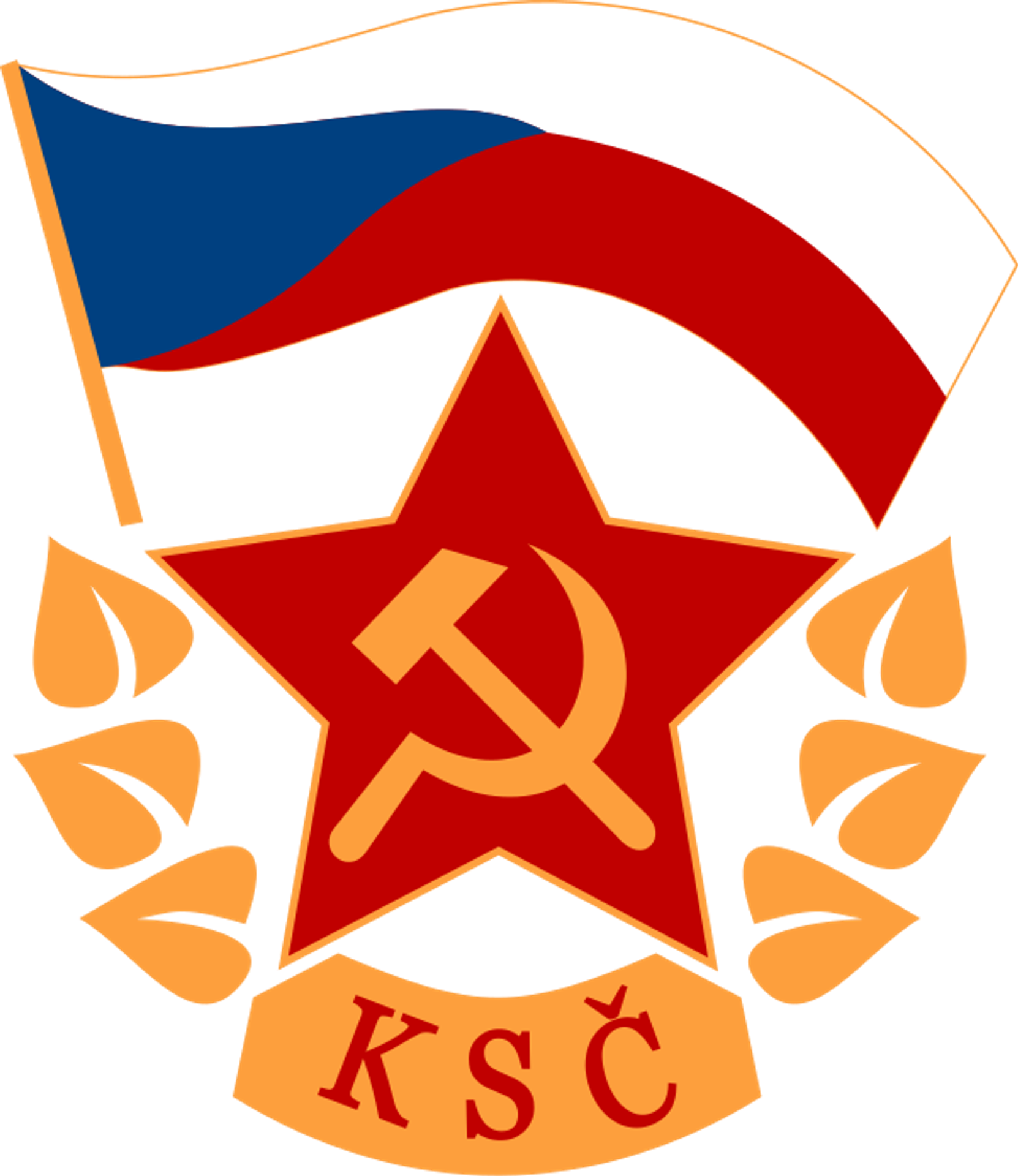
Communist Party of Czechoslovakia
Summary
The Communist Party of Czechoslovakia, particularly under leaders like Gustav Husak, is portrayed as a complex entity marked by its role in suppressing dissent and enforcing a totalitarian regime. The discussions highlight how the party initially garnered goodwill by participating in resistance movements during WWII but ultimately betrayed democratic principles by orchestrating a coup to secure power. Despite a facade of legitimacy, the party's history is stained with repression, purges, and a lack of genuine political plurality. The narrative underscores the party's transformation from a revolutionary force to an oppressive regime, illustrating how it manipulated democratic processes for its gain while silencing opposition.
Source Analysis
The podcast 'Bag hammer og segl' presents a critical view of the Communist Party of Czechoslovakia, particularly through the lens of Gustav Husak's leadership. The speakers engage in a nuanced discussion about the party's historical trajectory, contrasting its early revolutionary image with its later authoritarian practices. The analysis of various segments reveals a consensus on the party's failure to uphold democratic principles, with particular emphasis on how it maintained a facade of legitimacy while engaging in repressive tactics. The discussions are heavily critical, especially regarding the purges and lack of political freedoms.
Trending Topics
Discussions around totalitarianism, political repression, and the manipulation of democratic ideals are trending topics, particularly in the context of historical analysis of communist regimes in Eastern Europe.
Why These Topics Are Trending
The relevance of these topics stems from ongoing interest in how past communist regimes shaped current political landscapes, especially discussions about authoritarianism and the lessons learned from historical governance failures.
Sentiment Breakdown:
Detailed breakdown of public sentiment and conversations about this company.
Impact vs Sentiment
See how each entity's high impact percentage relates to their positive sentiment percentage from actual mentions.